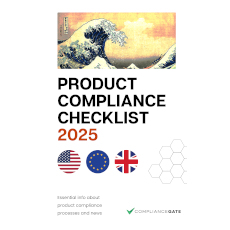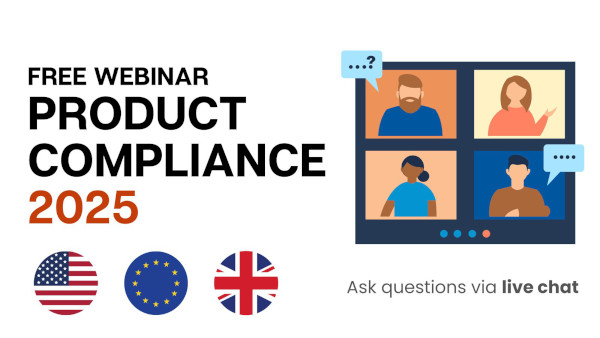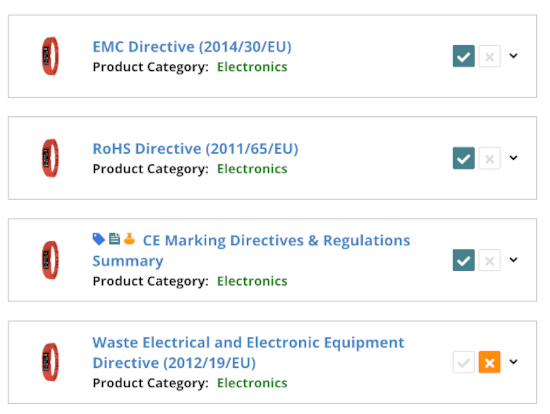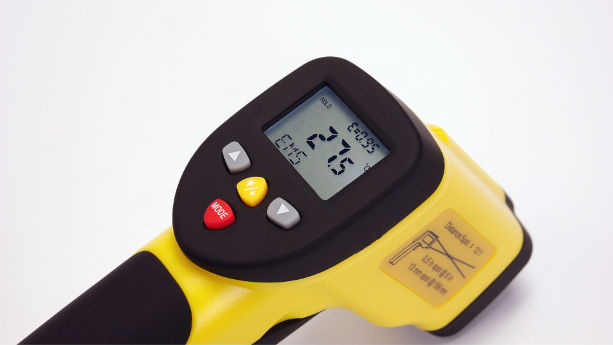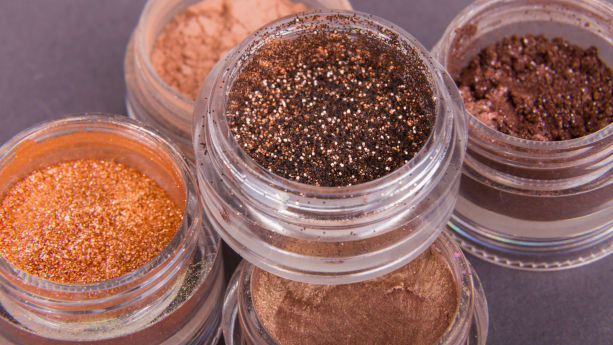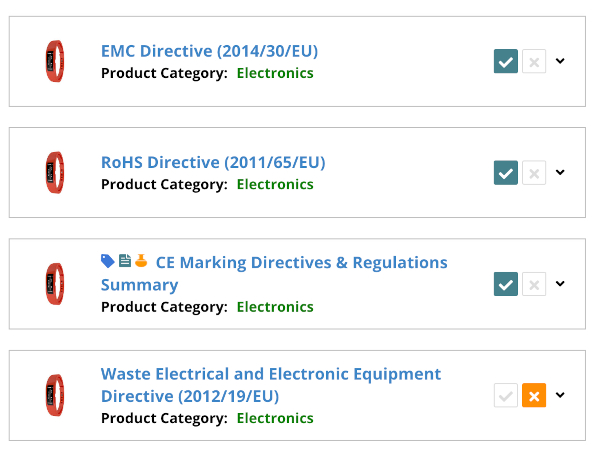The General Product Safety Regulation (GPSR) is a new regulation that will replace the General Product Safety Directive (GPSD). Its purpose is to set safety and other requirements for all consumer products, regardless of whether product-specific regulations, directives, or standards exist.
This is already the case with the GPSD, but the GPSR goes beyond the GPSD in some aspects. The GPSR also provides more detailed requirements, for example, in terms of product and packaging labelling.
In this guide, we help you better understand the new GPSR and the steps you must take before it finally replaces the GPSD.
Continue reading General Product Safety Regulation (GPSR): An Essential Guide


